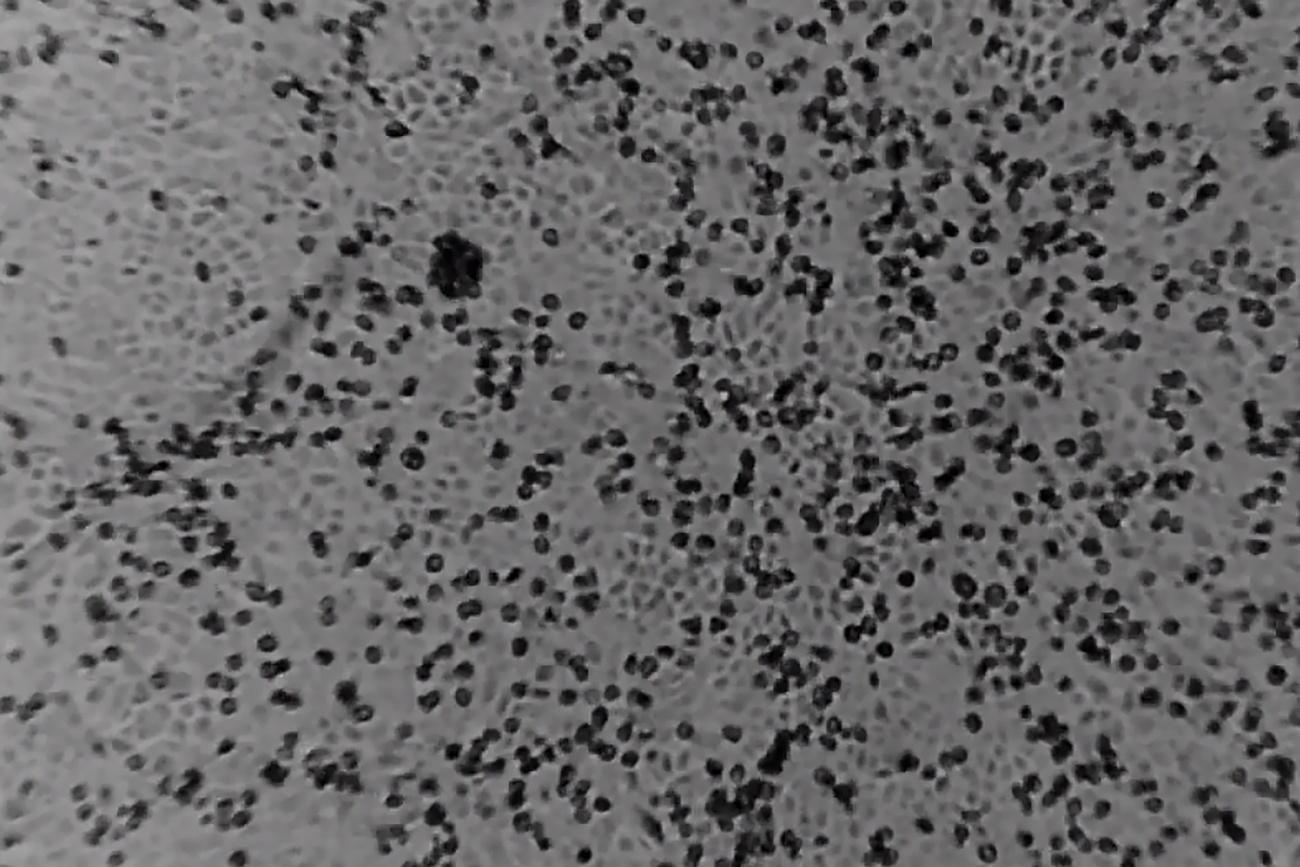
Swiss scientists discover ‘antiviral’ powers of sugar

Swiss and British researchers have modified sugar molecules so that they are capable, by simple contact, of destroying viruses, without toxicity to humans. The method could apply, for example, to the new coronavirus in China.
So-called “virucidal” substances, such as bleach, destroy viruses by simple contact, but they cannot be applied to the human body without causing serious damage, noted the University of Geneva (UNIGE) in a statement.
Most of today’s antiviral drugs work by inhibiting the growth of viruses but are incapable of destroying them. Complicating matters, they are not always reliable: viruses can mutate and become resistant to such treatments.
“To get around these two obstacles and be able to effectively fight against viral infections, we found an entirely different angle of attack”, stresses Caroline Tapparel Vu, a professor in the department of microbiology and molecular medicine of UNIGE who led the research effort along with Francesco Stellacci, a professor at the faculty of engineering sciences and techniques of the Federal Polytechnic School of Lausanne (EPFL).
Nontoxic
Researchers had previously produced a gold-based antiviral. Applying the same concept, they have this time succeeded in developing an antiviral using natural glucose derivatives, called cyclodextrins, according to an article published in the journal Science Advances.
“The advantages of cyclodextrins are numerous: even more biocompatible than gold, and easier to use. They do not trigger a resistance mechanism and are not toxic,” said Samuel Jones, a researcher at the University of Manchester who was cited in the UNIGE press release.
“In addition, cyclodextrins are already widely used, particularly in the food industry, which would facilitate the marketing of pharmaceutical treatments using them,” notes Valeria Cagno of UNIGE.
By simple contact
The modified sugar molecules attract viruses before irreversibly inactivating them. By disrupting the outer layer of the virus, they manage to destroy infectious particles by simple contact, instead of only blocking viral growth.
And this mechanism seems to work regardless of the virus concerned. Scientists have been able to demonstrate this on viruses responsible for respiratory and herpes infections.
A patent has been filed and a spin-off created to study the pharmaceutical development that could be made with this discovery. The cyclodextrins could be administered as a cream, gel or nasal spray.
Hope against epidemics
While drugs for specific viruses, such as HIV or hepatitis C, exist, they only have a narrow application. The development of new broad-spectrum antivirals is considered essential, especially to tackle the most devastating viruses or emerging viruses against which there is no treatment.
This work, according to the authors, could then have a global impact. The compound may also be effective against new emerging viruses the novel coronavirus that started in China and spread overseas.

In compliance with the JTI standards
More: SWI swissinfo.ch certified by the Journalism Trust Initiative































You can find an overview of ongoing debates with our journalists here . Please join us!
If you want to start a conversation about a topic raised in this article or want to report factual errors, email us at english@swissinfo.ch.